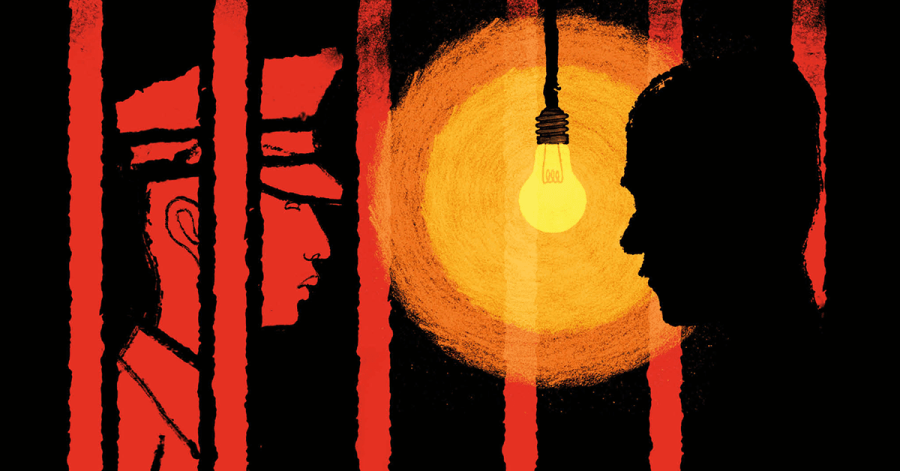It was the first time Humphrey spoke in the United States since being released in June 2015.
This past Thursday, Peter Humphrey, founder of company ChinaWhys, a risk-management firm in China that handled private investigations to assess domestic and international regulatory compliance of businesses in China, came to UC San Diego to recount his story dealing with the Chinese criminal system. After ChinaWhys was hired to conduct a background investigation into one of Anglo-American corporation Glaxo Smith Kline’s employees, Humphrey was sentenced to 30 months in a Shanghai prison on charges of “illegally obtaining citizens’ information by the authorities in Shanghai. After almost two years of diplomatic efforts by consular officers and battling cancer, Humphrey was finally released, and left with a remarkable testimony.
As a scholar on China with over 20 years in journalism, Peter Humphrey described his relation with the Eastern giant as a “43-year-old love affair.”
Between 2003 and 2013 Peter and his wife ran their company ChinaWhys which utilized publicly available information to determine whether or not enterprises in various sectors were engaging in white collar crimes and “fraud in every imaginable shape and form.”
Over the years, ChinaWhys conducted large-scale investigations for global organizations. From dealing with sales managers engaging in corrupt practices, such as leaking private internal company data to the Chinese government and upper management personnel paying bribes to facilitate vaccine distribution, Humphrey and his wife had grown accustomed to the complexities of operating within the legal process — until one day they were “shanghaied.”
After a Chinese employee from British pharmaceutical and healthcare corporation GSK received word that ChinaWhys was investigating suspicious activity on her behalf with regards to company documents, Humphrey received word from GSK that certain retaliation would follow. Soon after, Humphrey, along with his wife, who is an American citizen born in China, were detained by Shanghai authorities on grounds of illegally obtaining citizens’ information.
Humphrey’s gruesome retelling of his conditions while in prison described much of what he called “political purge under disguise of judicial ruling.” He was sentenced to two and a half years in Chinese prison and deportation; as for his wife, she was sentenced to two years and monetary fines. After being separated from his wife, Humphrey was served food in dog bowls, confined to spend all his time exclusively in his cell, faced with extensive interrogations where he was locked in an iron chair and coerced into signing false confessions or “gag pledges,” and most detrimentally denied access to medical care while suffering from prostate cancer.
While in prison, Peter encountered many other imprisoned individuals. Among them were an American businessman and a schoolteacher, who remain detained to this day on allegations of which such evidence has not been fully disclosed.
“Chinese laws have not moved out of the shadow of the party’s rules,” Humphrey remarked.
Under severe duress, Humphrey’s ability to legally challenge the allegations against him were significantly restricted. With very limited time to speak with his attorneys, no permission to make phone calls during pre-trial detention, and no access to evidence before court sessions, Peter Humphrey concluded the totality of his experience to be summed up as torture according to definitions in United Nations treaties.
After lobbying by British and American consuls and international media pressure on their behalf, Humphrey and his wife were released on June 9, 2015. He remains determined to challenge the rulings against him, and expose the chronic mechanism of party authority by China’s police, prosecutors and judiciary.
“By no stretch of the imagination are they independent or impartial,” Humphrey emphasized.
Humphrey additionally stated that China habitually persists in legislating retroactively to cover up past judicial abuses within their legal system.
This article has been updated to correct the length of the term in prison Humphrey was sentenced to, distinguish between Shanghai and Chinese officials, properly state Mrs. Humphrey’s citizenship status. Other stylistic changes were also made.








